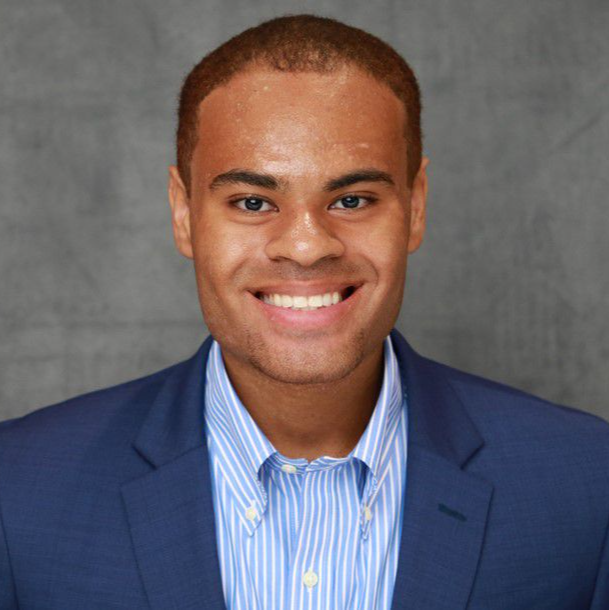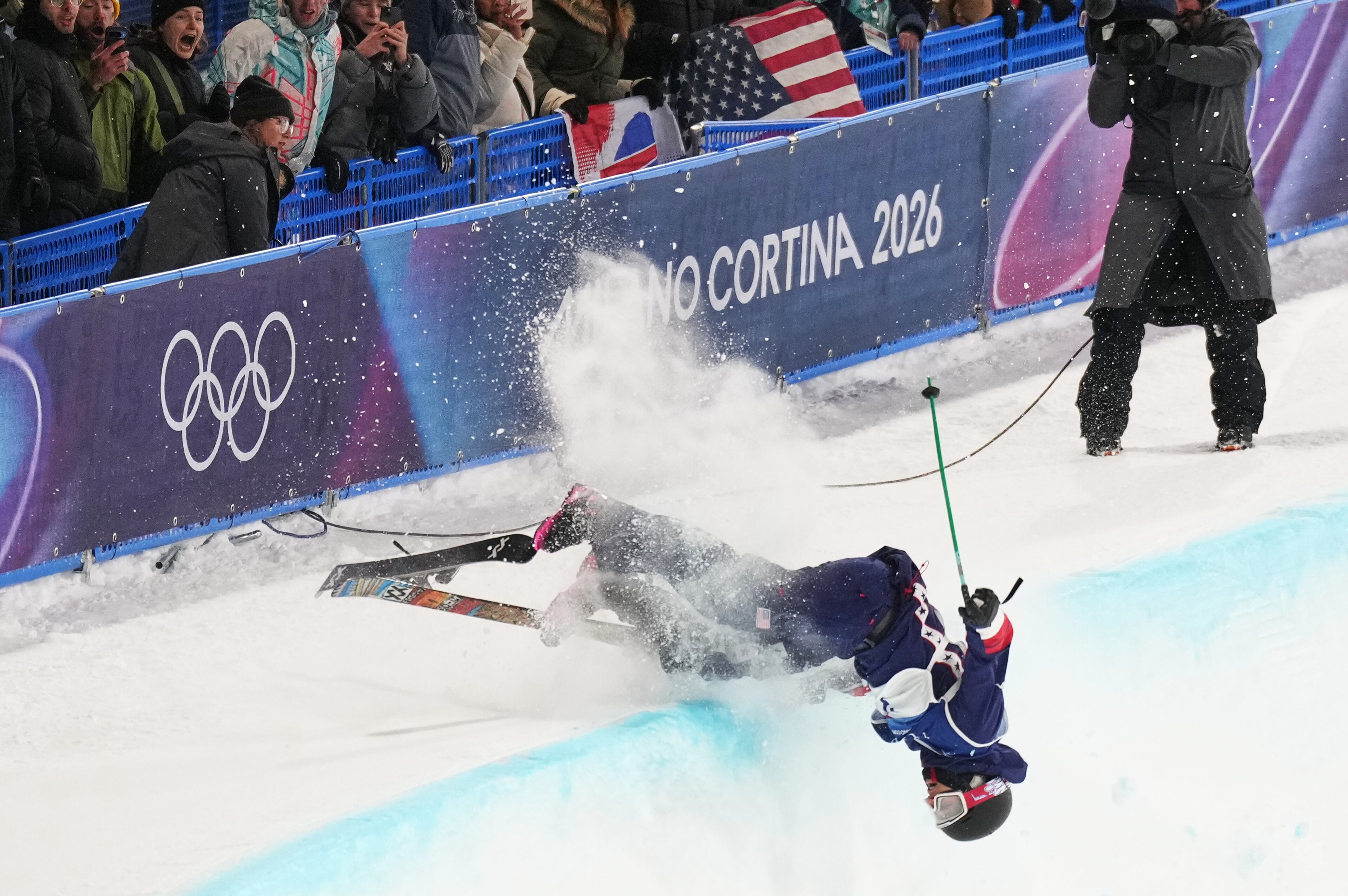Will Hinton of Dacula aims for a gold medal in trap shooting

Every four years, athletes across the world compete in the Olympics to win gold medals – a symbolic and iconic award for all the hard work they’ve done training in their respective sports. This year, the Paris Games will feature Dacula’s Will Hinton, who seeks a golden opportunity at winning Olympic Trap.
Hinton comes from a family of six who constantly spent time outdoors growing up.
“I grew up in the type of family where my parents would lock the doors behind us, and we stayed outside all day,” Hinton said.
In the great outdoors, his family participated in hobbies such as fishing and hunting birds such as quails, crows and pheasants. Hinton’s father is an avid outdoorsman who is passionate about quail hunting, bird dogs and shotgun sports.
The Hintons would shoot clay targets recreationally as a family whenever they could. Shotgun hunting became a frequent pastime for Hinton, and he’s most appreciative for how it became a full family affair.
“It’s one of the few sports that I would say that your grandfather, your dad, sons, daughters and kids can all do the same sport, which was really fascinating about shooting,” he said.
Over time, Hinton became serious at shotgun and pursued the competitive aspect as opposed to recreational fun. He joined a youth clay-target shooting team and competed throughout high school, having great success at the national and international levels.
His curious nature caused him to enlist in the Army despite having no family history of military service. The Army was on his radar marginally, given that they had a professional marksmanship unit that competed worldwide. He describes joining the Army as one of the turning points in his life.
“Joining was one of the biggest and most terrifying decisions of my life at the time,” he said. “But it turned out to be one of the best decisions of my life, too.”
Part of this fear and self-doubt that Hinton expressed was twofold. First, he shot a different trap discipline than they did, and second, he didn’t know anything about the Army. Later, he got the idea that if he could shoot in a different discipline, he would have a chance at the Olympics.
Hinton explained the difference between International/Olympic Trap and regular shotgun trap in the United States.
“In International Trap or Olympic trap, you have 15 machines instead of one machine. And the targets on average are anywhere between 35 to 40 miles per hour faster than American-style trap shooting, and you’re restricted on the ammunition you can use,” he said. “You can only use a payload, which is the amount of shot in the actual shotshell. You can only shoot 24 grams, so you’re reducing the number of pellets that you can shoot in a shotgun shell in the international disciplines to make it harder.”
Aside from training in Olympic Trap, Hinton serves as a staff sergeant at Fort Moore, located near Columbus, where his role entails serving as an instructor and shooter. He aids in marksmanship instruction for small-arms lethality, but also on the competitive side of things, he competes nationally and internationally representing the Army and the United States in Olympic Trap.
Hinton recognizes his opportunity to compete across the world in this discipline and doesn’t take it lightly when the Army highlights him and his skills. Through all his achievements he still considers himself “a normal person” just like everyone else.
For the Paris Olympics, Hinton hopes to take the experiences he learned at last year’s World Championships with him. Hinton placed fourth in last year’s championships in Baku, Azerbaijan, which he called the perfect buildup to the Olympics, given that he competed in the final among veteran shooters.
He shared what it would mean to finish on the podium, and perhaps even win the gold medal.
“You know, I haven’t thought about it too much because I’m still training hard. But that is the goal. I can’t express what it would feel like, but I would just say it would be worth it,” he said. “It would verify all the support around me, my own goals and ambitions.”
His days of shotgun practice at Fort Moore have been robust.
“Generally, I start with an early wake-up to do some physical training and cardiovascular exercise such as running or rowing before training by 8 o’clock,” he said. “I’m on the range outside pretty much most of the day, training, shooting and competing in my sport until 3:30 p.m.”
Hinton’s intense schedule Monday through Friday year-round also consists of traveling 15 to 30 weeks per year for competitions. He has that innate competitiveness where the next day he wakes up and gets to chase it all over again. No matter the result, his drive is something he prides himself on.
Hinton is taking his entire immediate family and his girlfriend to Paris so that they can watch him compete on the big stage. Though he has competed around the world in places such as Qatar, Chile and Croatia, Paris most likely will be his biggest test yet.
Joining Hinton in representing the red, white and blue is Derrick Mein, a Kansas-native who competed in the Tokyo Olympics three years ago. The pair heavily train together.
Aside from shooting, something he’s getting used to is the French language, something that isn’t his strong suit. He commented on his French.
“It can be better, it’s not good. I’m going to be heavily relying on Google Translate and Babel, I can tell you that,” he said. “But hopefully I will have a gold medal, and everybody knows what that means.”
Hinton is set to compete in Olympic Trap at the National Shooting Center in Châteauroux, France, on Monday and Tuesday.
More Stories
Keep Reading



